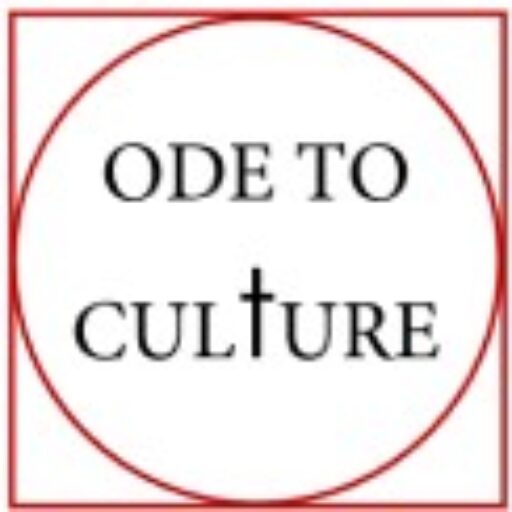Prompt 17: August 1, 2022
The image below is a picture of ignorance. For obvious reasons, we don’t know what we are getting into, I hardly know what just happened, and neither of us knows what the doctor is up to now that we’ve got what we came for. Without fully knowing how to be what we now are, we must live out a trust in our culture to integrate this child into the life of the community. We are raising a person, and people have a desire to be known. Though we are to be the people who know her best, this knowing will never be complete on this Earth. Our ignorance of her experiences, and even of our impressions on her will shape her personality and psyche more than any of us could imagine. In this void, we try to live in the pattern of Christ and lean not on our own understanding (Proverbs 3:5).
We are temporal beings, limited in our understanding by what we experience and what we remember. Our limited view of phenomena also exposes a blindness to causal forces or the lasting effects of our experiences. This poses a problem for the future, being that our experiences and memory may leave us unequipped for entirely new situations and that we can never understand exactly what we are experiencing given that its causes and effects are beyond comprehension. This is the problem of perception. Because we cannot fully understand what we experience, an identity, or narrative structure allows us to frame our circumstances in ways that allow us to act. Because we are inevitably ignorant of what we face and what we’ve done, it is important to study and sharpen our worldviews to acknowledge the patterns we are prone to manifest.
Our worldview is the narrative structure that frames our perceptions from which we interpret meaning. Quest for knowledge is not only the desire to understand the meaning of things, but to shape our actions to our intentions. Since knowledge itself is a tool, a technology, ignorance, is likewise a tool or means toward the same functions. This has nefarious implications, but I’d like to aim this discussion toward the worth of ignorance. Consider for a moment the thesis of the first proverb: The fear of the Lord is the beginning of knowledge, but fools despise wisdom and discipline (Proverbs 1:7). Fear of the infinite, the unknowable, is the beginning of understanding– the beginning of logos. If hatred for wisdom and its practices is foolish, how much of our culture is allocated by and for fools?
We can say that knowledge isn’t everything, but can we defend that sentiment? For this prompt, consider what can be gained in ignorance, but lost by explicit knowledge. Think about ignorance in our culture, or the ignorance of our culture.
The thread is open. Create boldly, and may the Spirit guide us all.
If you need a place to start, consider this line from the poem A Gracious Sabbath Stood Here:
A Gracious Sabbath Stood Here
A gracious sabbath stood here while they stood
who gave our rest a haven.
Now fallen, they are given to labor and distress.
These times we know much evil, little good
to steady us in faith and comfort when our losses press
hard on us and we choose
in panic, or despair, or both
to keep what we would lose.
For we are fallen like the trees–
our peace, broken.
So we must love where we cannot trust, trust where we cannot know,
and must await the wayward coming grace that joins living and dead,
taking us where we would not go
into the boundless dark.
When what was made has been unmade
The maker comes to his work.
-Wendell Berry

